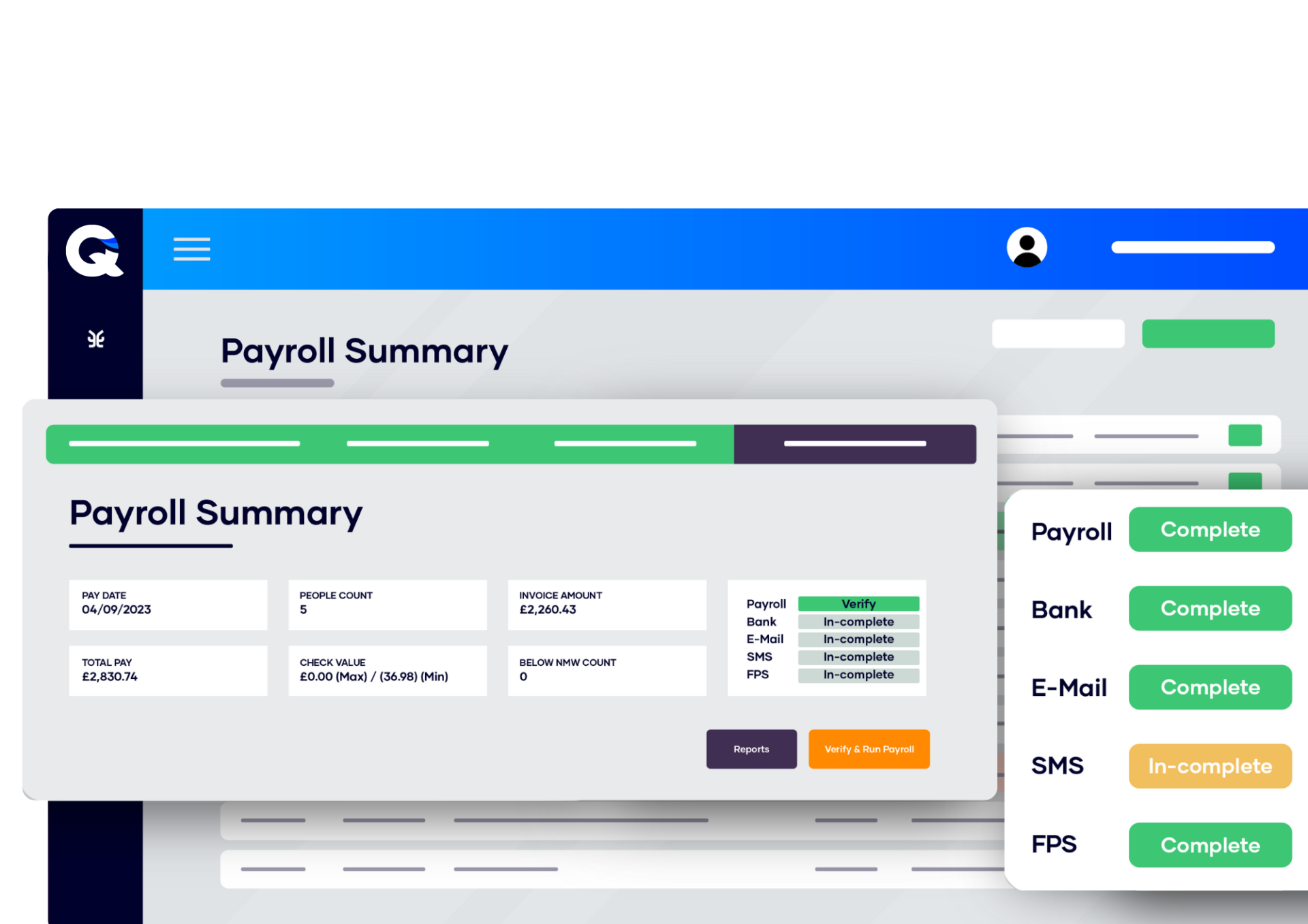In a year where 413 UK recruitment agencies became insolvent, up 14% from the previous year, hidden financial dangers are coming into sharper focus. Among them, umbrella payment terms pose one of the most underestimated risks to agency stability and liquidity.
What are umbrella payment terms and why do agencies use them?
Recruitment agencies often partner with umbrella companies to handle payroll for freelance or contract workers. While many agencies rely on bank loans or invoice financing for cash flow, others are turning to umbrella payment terms—where the umbrella company offers extended credit windows in lieu of traditional financing.
This can appear attractive: extended terms may reduce upfront costs and help stretch agency margins. However, this form of “interest-free credit” comes with major, often hidden, financial liabilities.
The liquidity trap
Umbrella companies manage large volumes of funds—primarily PAYE and VAT that are due to HMRC. Some providers leverage these reserves to offer favourable payment terms to attract recruitment agencies. But this model is fragile, dependent on ever-growing contractor numbers to remain solvent.
If contractor volumes drop—due to seasonal demand, regulation changes, or client losses—the provider’s liquidity position can rapidly collapse. The result? Sudden withdrawal of credit terms, typically targeting smaller or less profitable agencies first.
Compliance implications
With the 2024 Autumn Budget and Labour’s legislative plans on the horizon, recruitment agencies face increased scrutiny. From April 2026, agencies will be directly accountable for PAYE compliance even when using umbrella companies.
Extended umbrella payment terms could therefore lead agencies into non-compliance risk—especially if their payroll partner is unable to meet HMRC obligations due to liquidity shortfalls.
Umbrella payment defaults can trigger a domino effect across agencies
When a single agency defaults or an umbrella company fails, the consequences ripple out. Other agencies using the same umbrella may be affected as liquidity dries up, leaving them without access to credit or forcing them to migrate providers at short notice.
These scenarios often result in rushed, high-risk decisions, potentially compromising compliance and operational stability.
How to mitigate risk: vetting umbrella payment terms with credit checks
To safeguard against this growing risk, agencies must look beyond standard compliance frameworks like FCSA or SafeRec and evaluate the financial health of umbrella partners. Here’s how:
Use CreditSafe or similar platforms to assess the creditworthiness of umbrella providers.
Only work with providers rated as ‘very low risk’ (CreditSafe scores of 71–100).
Investigate the source of extended umbrella payment terms—ensure they’re not reliant on unpaid HMRC liabilities.
Monitor providers regularly for changes in credit terms or liquidity red flags.

Why financial transparency is critical when assessing umbrella payment terms
While flexible payment arrangements may seem like a smart commercial decision, they can quickly backfire. Umbrella payment terms must be reviewed with the same rigour as any other form of credit—if not more.
Failure to do so could leave your agency exposed, not just to financial strain, but to reputational damage and regulatory penalties.






